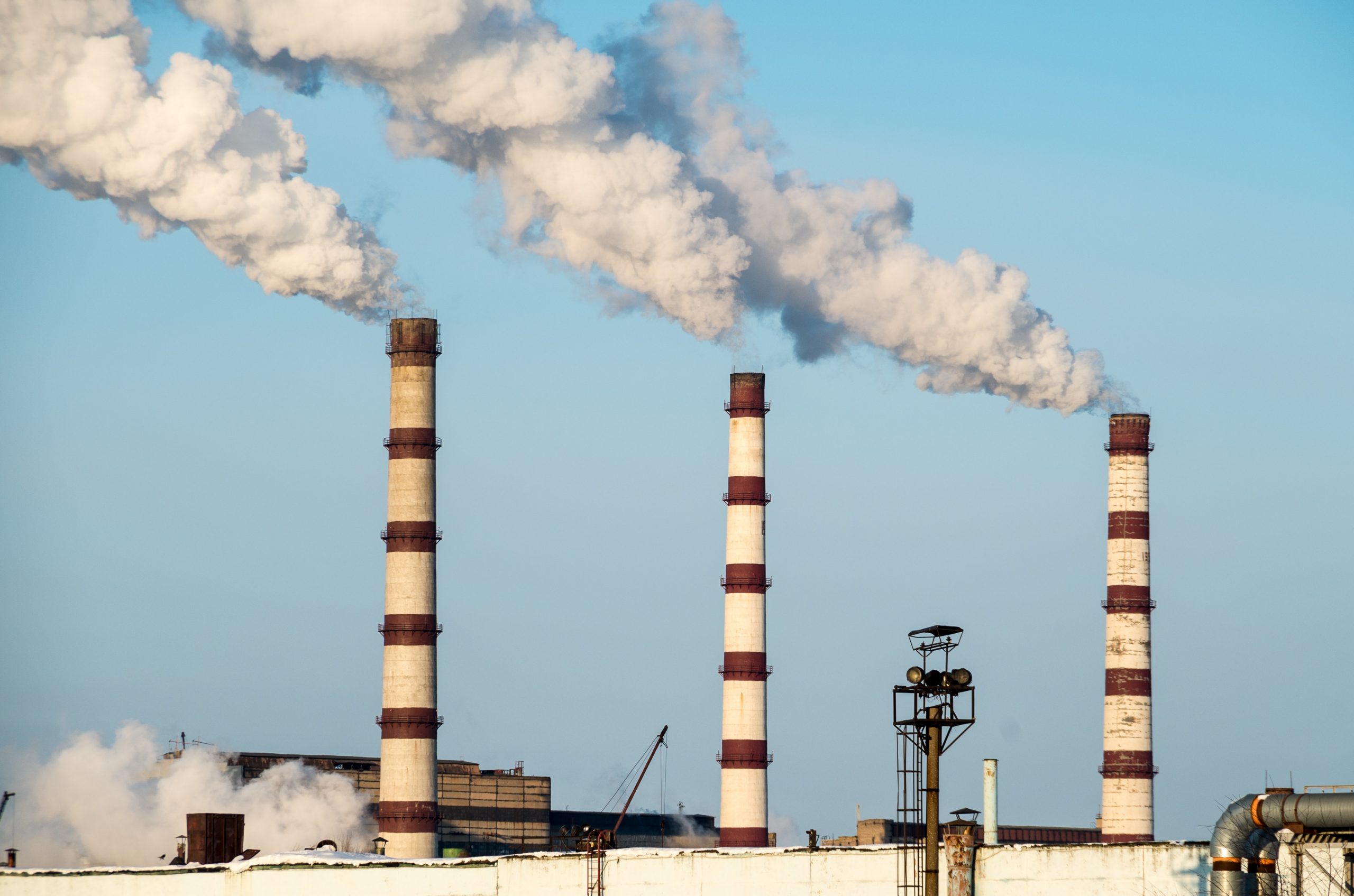- 04.04.2023
- IFIs
- Array
4 April 2023 – For immediate release
NEW: IFC announces it will stop clients funding new coal projects
- Update to IFC’s Green Equity Approach published on IFC website. [1]
- Previous policy allowed the IFC’s financial clients to support new coal projects as long as they exited coal by 2030, but new update explicitly rules out new coal.
- This loophole previously allowed IFC clients to support new coal projects in the past five years, including the huge Java 9 & 10 coal power plants in Indonesia.[2]
- Campaigners describe the move as “welcome but long overdue”, and call on the IFC to extend the exclusion to oil and gas investments.
- Financial intermediaries represent over half of IFC’s investments, and have received almost $40 billion of IFC support since May 2019.
Today, campaigners from across the world have greeted with relief a new commitment by the International Finance Corporation (IFC) – the World Bank’s private sector arm – that it will no longer allow financial intermediary clients to support new coal projects.
A new update to the IFC’s Green Equity Approach (GEA) policy [1], which encourages its financial intermediary clients (e.g. commercial banks) to reduce coal investments, now explicitly states for the first time that IFC investment will not support new coal. Previously, the GEA only required clients to reduce their exposure by half by 2025, and to zero by 2030, but did not prevent new investments.
Kate Geary, Co-Director of Recourse, said: “This is a welcome step but a long time coming. Over seven years after the Paris Agreement on Climate Change, the IFC has finally bowed to our pressure for it to stop its clients backing new coal projects, sending a signal to the wider investment community that the era of coal is over. Now it is essential, as the IFC plans to align its whole portfolio with the Paris Agreement, that it commits to stop funding oil and gas as well.”
The loophole in the previous GEA policy had disastrous consequences by allowing IFC clients to continue supporting new coal. The IFC’s very first GEA client, Hana Bank in Indonesia, financed two massive new coal plants just a year after signing up to the GEA[2] in 2019. In 2021, IFC’s client PVI Holdings provided insurance to the Vung Ang II coal power plant in Vietnam.
Yuyun Indradi, Executive Director of Trend Asia, said: “If the IFC had made it clear from the start that it would refuse finance to commercial banks that still backed new coal, then its client Hana Bank Indonesia would not have funded the disastrous new Java 9 & 10 coal plants. These plants together will emit more CO2 in their lifetime than the annual emissions of Spain, and damage the health and livelihoods of local communities.”
David Pred, Executive Director of Inclusive Development International, said: “It has been a long road to get to this point and, although this is a hugely significant step, the road doesn’t stop here. IFC needs to enforce this new policy with its existing financial intermediary clients like Postal Savings Bank of China, which is among the leading financiers of coal in Asia, and it must act urgently to provide remedy for communities who have suffered grievous harms as a result of coal projects it has backed through its intermediaries in the Philippines, Indonesia, Vietnam and elsewhere.”
While the IFC’s new commitment has been broadly welcomed, campaigners have highlighted the need for the IFC to go further by excluding all coal, oil and gas investments in its plan to align its portfolio with the Paris Agreement. This strategy is expected to be announced during the 2023 World Bank Spring Meetings (10-14 April) in Washington DC.
Ian Rivera, National Coordinator of Philippine Movement for Climate Justice, said: “While we laud any attempts to end coal power, climate-vulnerable communities wanted the World Bank Group to go further by excluding all financing of climate-busting projects, including oil and fossil gas. This will help keep the rise in global temperatures below 1.5oC and ensure the survival of vulnerable communities already suffering from these climate impacts.”
Joe Athialy from Centre for Financial Accountability said: “We filed the first ever case [3] to the Compliance Advisor Ombudsman over IFC’s support to a financial intermediary client backing coal in India in 2011. It has taken thirteen years for the IFC to finally end support for new coal. In the meanwhile, communities got scattered, their livelihood stolen and the climate crisis made more severe, with nobody held accountable for all these, and more. We can only hope it moves faster to stop funding oil and gas.”
ENDS
Notes
[1] IFC, 2023, IFC’s Green Equity Approach – 2023 Update. https://www.ifc.org/wps/wcm/connect/industry_ext_content/ifc_external_corporate_site/financial+institutions/resources/greening-equity-investments-in-financial-institutions.
[2] Recourse, 2021, Closing Loopholes: How the IFC can help stop fossil fuel finance. https://re-course.org/old/wp-content/uploads/2021/03/Closing-loopholes-How-the-IFC-can-help-stop-fossil-fuel-finance.pdf.
[3] Compliance Advisor Ombudsman, 2011, ‘India: India Infrastructure Fund-01/Dhenkanal District’. https://www.cao-ombudsman.org/cases/india-india-infrastructure-fund-01dhenkanal-district
Contact info
Please see contact details for spokespeople below. Please note that all will also be available during the World Bank Spring Meetings in Washington DC to discuss IFC Paris alignment plans.
Daniel Willis, Recourse: +447595054391 (Phone/Whatsapp/Signal)
David Pred: Inclusive Development International: +1 (917) 2802705
Aaron Pedrosa: Philippine Movement for Climate Justice: +63 927 5924830
Andri Prasetiyo: Trend Asia, Indonesia: +62 878 83453112
Joe Athialy, Centre for Financial Accountability, India: +91 98711 53775

